I've been working with the journalism club at a local college and one of the students reached out to me a few weeks ago for help on a story she was interested in.
She'd done some reporting for a class and she was looking for a place to get it published in Montana.
I came up with the genius idea to pitch the story to my editor as well as having the student work on the story with one of our seasoned reporters. That way we know we have a solid story and she gets experience and a byline.
To me, it's an opportunity for mentorship. It's a chance for her to test out journalism in real life, develop solid reporting skills and have a newsroom full of support as she works on her story. Thankfully, my boss went for it and I'm looking forward to watching her learn and develop as a journalist.
To me, this is missing from so many collegiate journalism programs and professional newsrooms. One of the new kids at a competing station asked me the other day how I find stories. That makes my head hurt on so many levels. First, even those most kind hearted journalists don't tell their competition how they do their job. Second, if they aren't learning how to get stories in journalism school, WHAT ARE THEY LEARNING?
Side note, I do not have a journalism degree. I learned most everything I know about reporting from my mentors, internships and actual experience. Someone once told me to get a degree in whatever you want to write about, and that proved to be practical advice. I got my bachelors in political science and am working on my masters in international relations, with a focus on national security.
Technology and social media and digital platforms are all great. They all enhance news reporting. But I don't think there will ever come a day that any of that will replace good ole fashioned reporting, critical thinking, the ability to gather information and distill it down to the most important facts, while also providing context so the reader has the slightest idea why they should care.
When I was in college, I reached out to local journalists and so many of them took the time to let me shadow them, ask questions and the ability to learn in a real newsroom. They played a huge part in making me the journalist I am today, so whenever a student asks for my help, I'm more than happy to give advice or become a mentor.
I hear so often from working professionals that they don't have time to mentor. We're all busy. None of us are so busy that we can't help grow the next crop of worker bees who will be working with us or for us in the future. I'd rather spend a few hours working with a student journalist now than spend far more time dealing with an untrained reporter on the payroll in my newsroom.
If I'm being totally honest, I probably wouldn't go out on a limb for every single student journalist who asked for my help, but in this particular student, I see so much of myself. Everything she's putting into her campus newspaper, her studies, traveling, her initiative in asking me for help. So many of the things I see in her are the things people saw in me as a student journalist.
Most of my experience is in a newsroom, but mentorship applies in all professions. I was lucky enough to have great mentors throughout my early years in journalism and I call many of them colleagues now.
Here's the thing, we can all do some serious good in this world by mentoring.
There's a good chance all of us are in a position to mentor from time to time and if you ever had a great mentor or wish you had one, then please, please, please be that person for some up and coming rockstar in your profession. The world will thank you.
I am not a perfect journalist, or professional, my any means. But I am the product of a lot of really good journalists who took the time to teach me and instill in me a deeply held belief that being good at my job was about more than me. People reading the news counted on me to be more than good at my job. It's up to me to pass on that knowledge and that understanding of what it means to be a journalist.
A few tips on choosing a mentor:
+ Look for someone you admire. I once read an article in the paper where I interned in college about my governor's press secretary. She was a former reporter and I seriously wanted to be her. So I emailed her. She went on to work in Congress and I met her for tea once, in the office of the Speaker of the House. I still bounce ideas off her or ask for advice on how to be a big girl in a crazy world. I hit the mentor jackpot with her. All of that happened because I asked.
+ Find someone good at whatever it is you want to do. As an intern, I looked for the reporters everyone seemed to respect, then I followed them around. I asked editors to edit me and tell me how to do it better. When I figured out I wanted to write about the military, I followed all of the best on Twitter, read their work, interacted with them. Seek out those who have mastered your craft, learn from them.
+ Ask someone willing to invest time in you. Sometimes, the person you think it the bees knees at their job just isn't going to make a great mentor. They're either too busy, too focused on their own work or just not a good personality match. It happens. Don't waste your energy trying to get them to care about you. Move on to someone else who's just as qualified and also willing to spend some time with you.
A few tips on being a mentor:
+ Look for someone you think has a chance at being awesome. If someone asks you to be their mentor but clearly isn't willing to put in the time or effort to learn, don't waste your time. Look for someone with drive, energy, excitement, passion and who shows you some initiative.
+ When someone with all those traits you're looking for materializes and says 'hey, can you help me out?" Take that opportunity. Reward the whippersnappers with all those go-getter skills we always say we wish more people had. Those kids that sit around waiting for a Pulitzer to just arrive at their doorstep, no, they do not get a cookie.
+ Pick someone you believe in. We are all busy. We're all doing more with less. We're all tired and stressed. Don't commit to every single kid who happens to be in the same room as you. But when that one kid catches your attention and makes you think there's still hope for your profession, go all in. Believe it that person, be their cheering section, their teacher, their sounding board. Help them become that person you want to work with.
Did you have great mentors? Do you try to be a mentor whenever you have a chance?
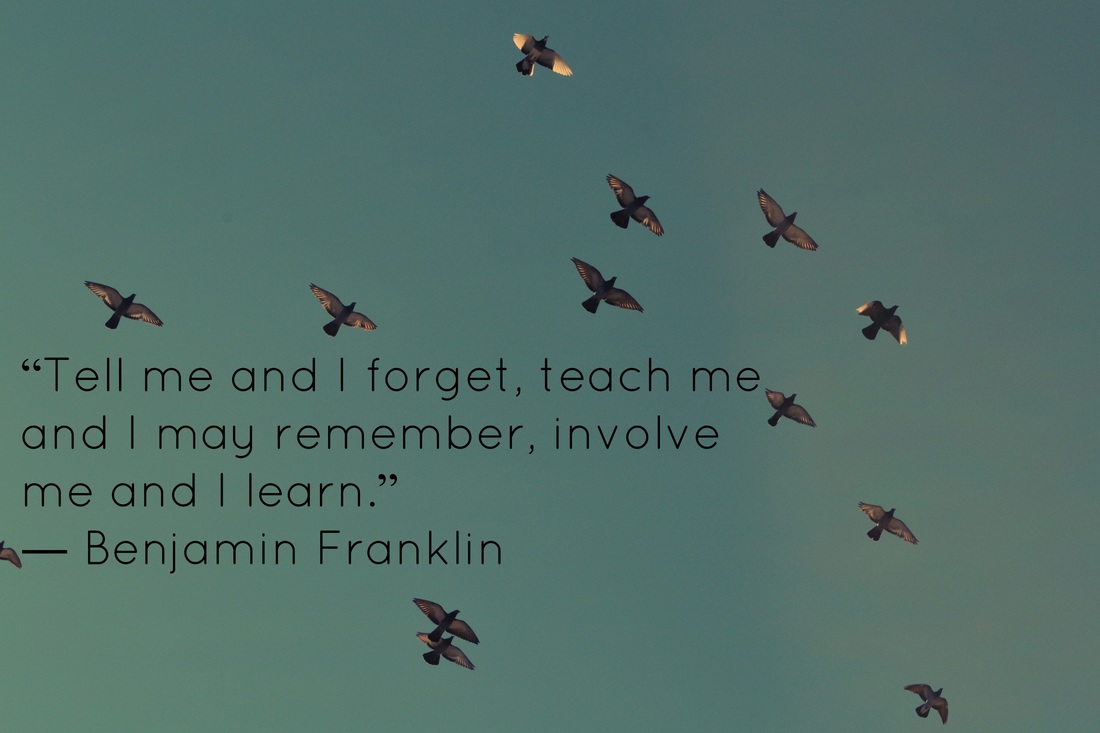

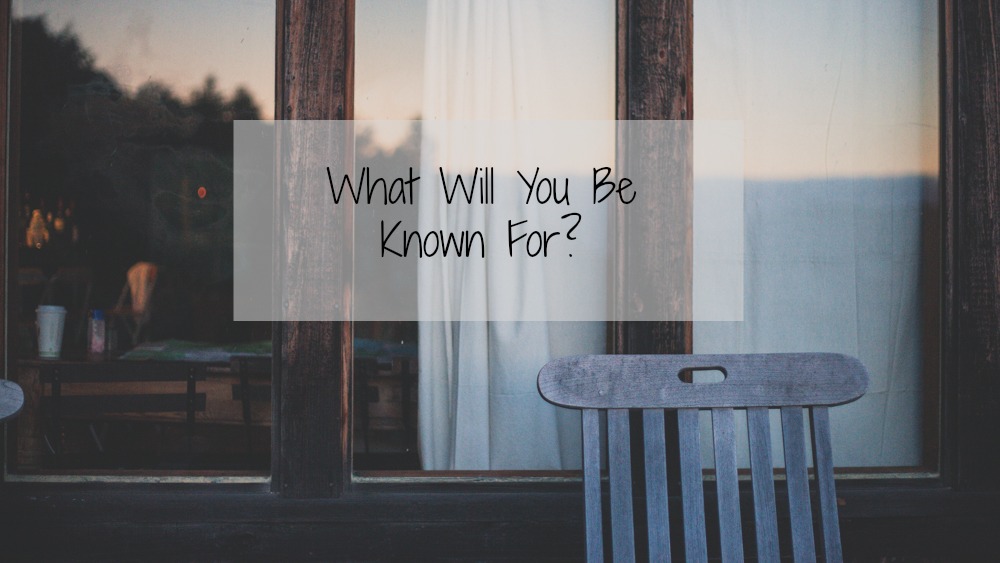
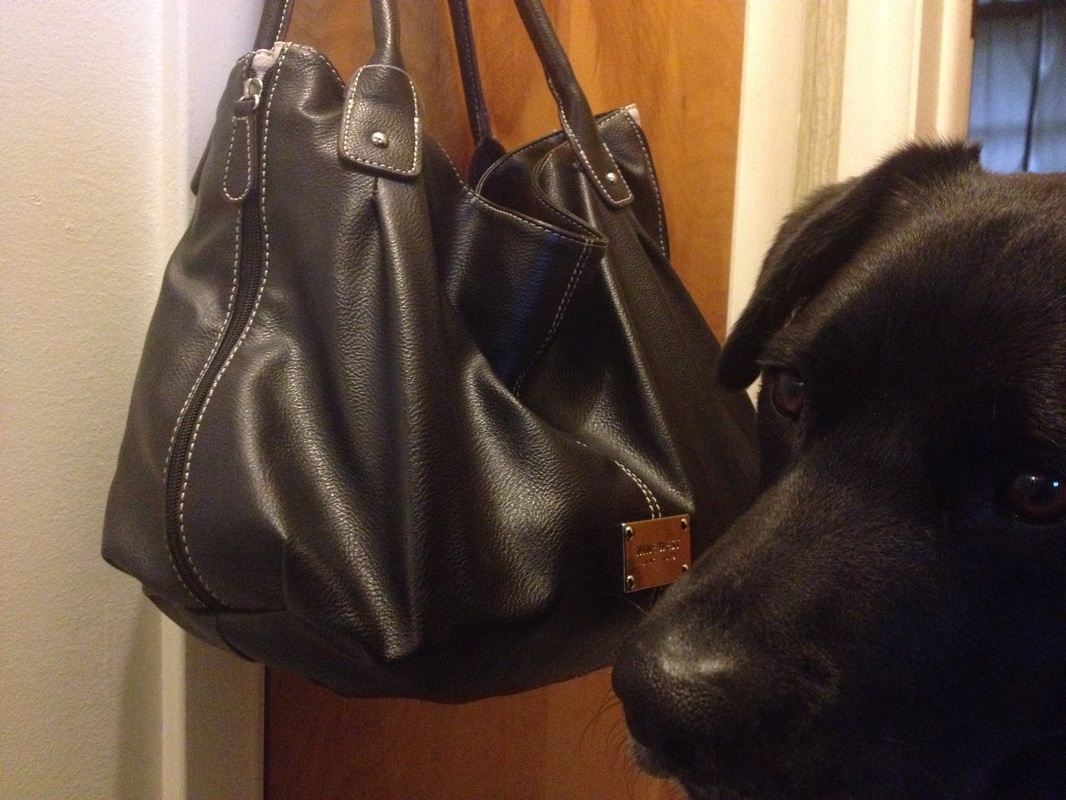

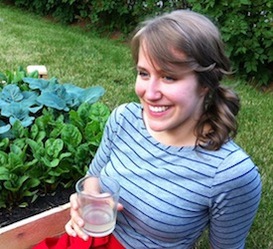


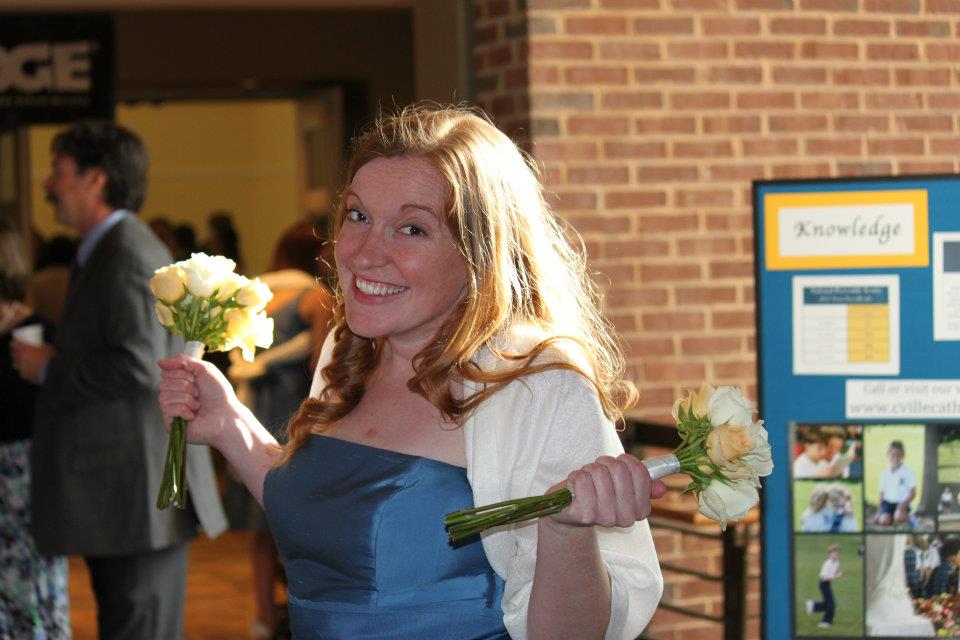



 RSS Feed
RSS Feed
